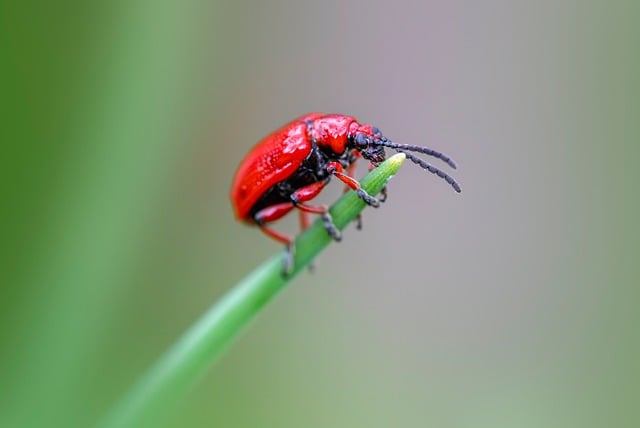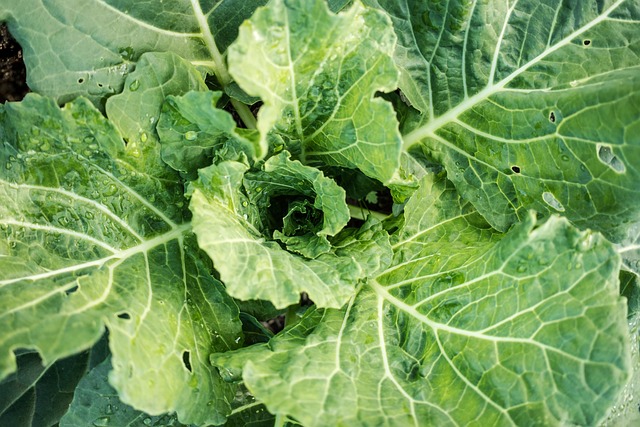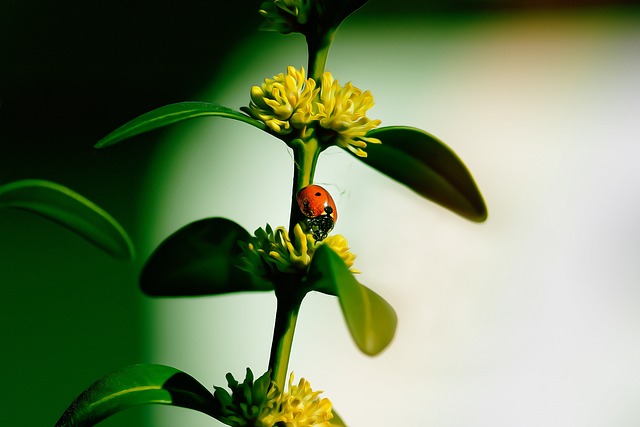In Castle Rock, residents are turning towards sustainable pest management practices for their vegetable gardens, prioritizing environmental health and safety over synthetic chemicals. This approach includes cultural controls like crop rotation, biological controls like natural predators, and judicious use of non-toxic pesticides. By adopting these methods, gardeners can maintain a balanced ecosystem that promotes both healthy vegetables and the well-being of local organisms, making it a popular trend in sustainable gardening practices.
“Pest control is vital for maintaining healthy vegetable gardens, especially in areas like Castle Rock where diverse pests pose significant challenges. This article explores sustainable pest management strategies tailored for Castle Rock’s vegetable gardeners. We delve into the science behind effective barriers, offering practical tips for implementation and maintenance. By adopting natural methods, you can protect your produce while contributing to a greener, more ecologically balanced approach to sustainable pest control in local gardens.”
- Understanding Pest Control and Its Impact on Vegetable Gardens
- Sustainable Practices for Effective Pest Barrier Protection
- Implementing and Maintaining a Natural Pest Management System in Castle Rock's Vegetable Gardens
Understanding Pest Control and Its Impact on Vegetable Gardens

Pest control is a crucial aspect of gardening, especially when it comes to vegetable gardens. In Castle Rock, sustainable pest management practices are becoming increasingly important as folks embrace the benefits of growing their own produce. Traditional pest control methods often rely on synthetic chemicals that can be detrimental to both the environment and beneficial insects. These harmful substances may also pose risks to human health if not used properly.
By adopting sustainable pest management for vegetable gardens, residents can protect their crops while minimizing ecological impact. This involves a combination of strategies such as cultural controls (e.g., crop rotation and sanitation), biological controls (introducing natural predators or parasites), and selective use of safe, non-toxic pesticides when necessary. Such an approach ensures a healthy garden ecosystem where vegetables thrive without compromising the well-being of local ecosystems.
Sustainable Practices for Effective Pest Barrier Protection

In today’s world, sustainable pest management for vegetable gardens is a hot topic, especially in areas like Castle Rock where maintaining organic and eco-friendly practices is crucial. Gone are the days when chemical barriers were the primary solution. Instead, professionals and home gardeners alike are turning to innovative, natural methods that protect crops without compromising the environment. This shift towards sustainable pest control involves integrating various strategies such as companion planting, crop rotation, and introducing beneficial insects to create a harmonious ecosystem within the garden.
For Castle Rock residents cultivating vegetable gardens, sustainable pest barrier protection offers numerous benefits. It helps preserve local biodiversity by avoiding harmful chemicals, supports overall ecosystem health, and ensures cleaner, safer produce for consumers. By embracing these practices, gardeners can effectively manage pests while contributing to a greener, more balanced environment, making it a win-win for both the garden and the community.
Implementing and Maintaining a Natural Pest Management System in Castle Rock's Vegetable Gardens

In Castle Rock, sustainable pest management for vegetable gardens is a growing trend among eco-conscious gardeners. Implementing natural barriers and organic methods not only protects crops from pests but also ensures the long-term health of the soil and ecosystem. One effective approach involves using companion planting, where specific plants are strategically placed together to deter pests naturally. For example, marigolds and garlic are known repellents for a wide range of insects.
Maintaining this system requires regular monitoring and seasonal adjustments. Organic gardeners should keep an eye out for early pest signs, such as chewed leaves or webbing, and take proactive steps like introducing beneficial insects (e.g., ladybugs and lacewings) that feed on pests. Proper watering and mulching also play a crucial role in sustaining the garden’s natural defenses against pests, fostering a vibrant and healthy vegetable garden ecosystem in Castle Rock.
In light of the above, it’s clear that sustainable pest management for vegetable gardens in Castle Rock is not just a practice but a necessity. By understanding the impact of pests and embracing natural barriers, residents can protect their produce while fostering a healthier ecosystem. The implementation of these sustainable practices ensures a harmonious balance between agriculture and nature, allowing Castle Rock’s vegetable gardens to thrive without relying heavily on chemical barriers.
